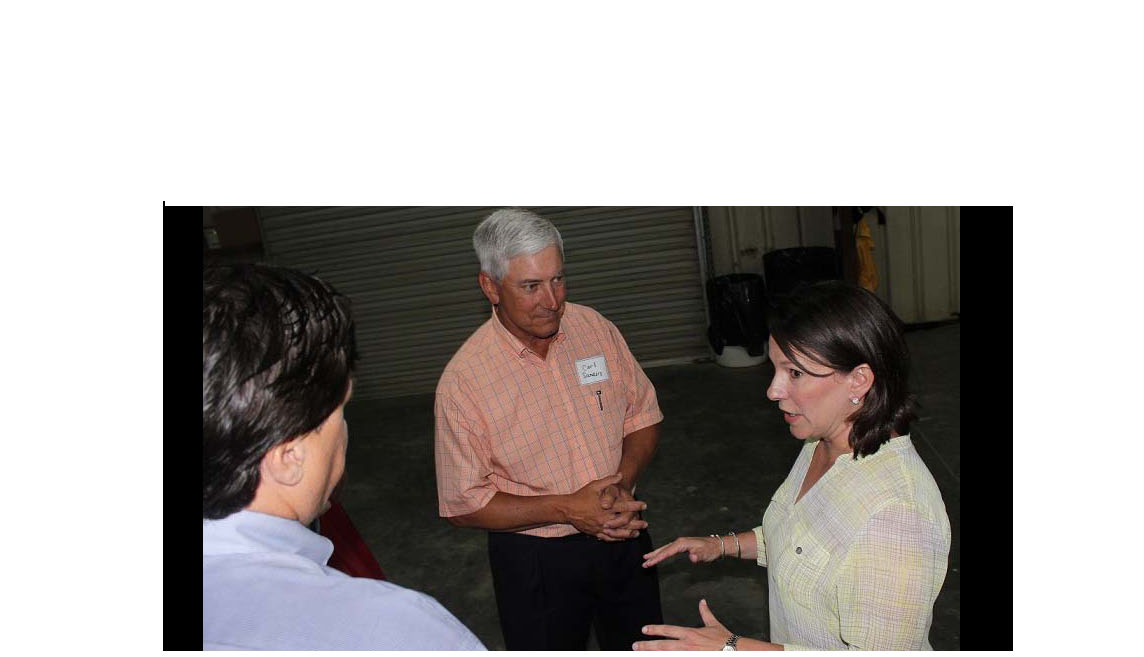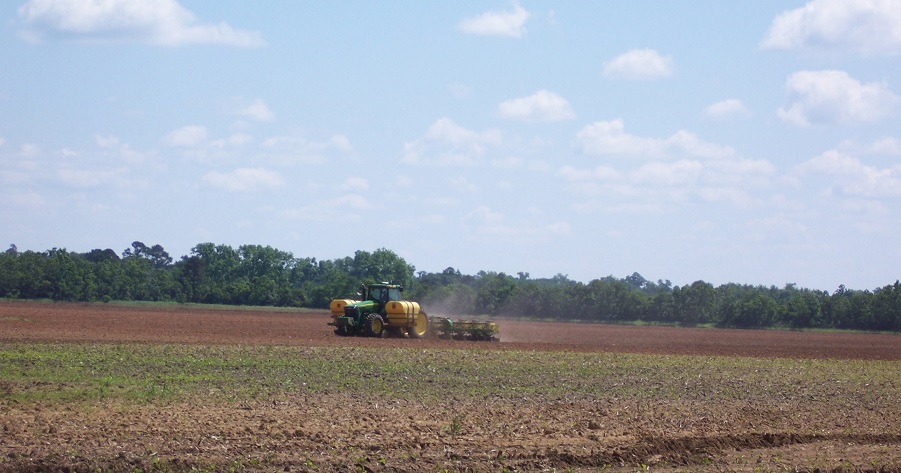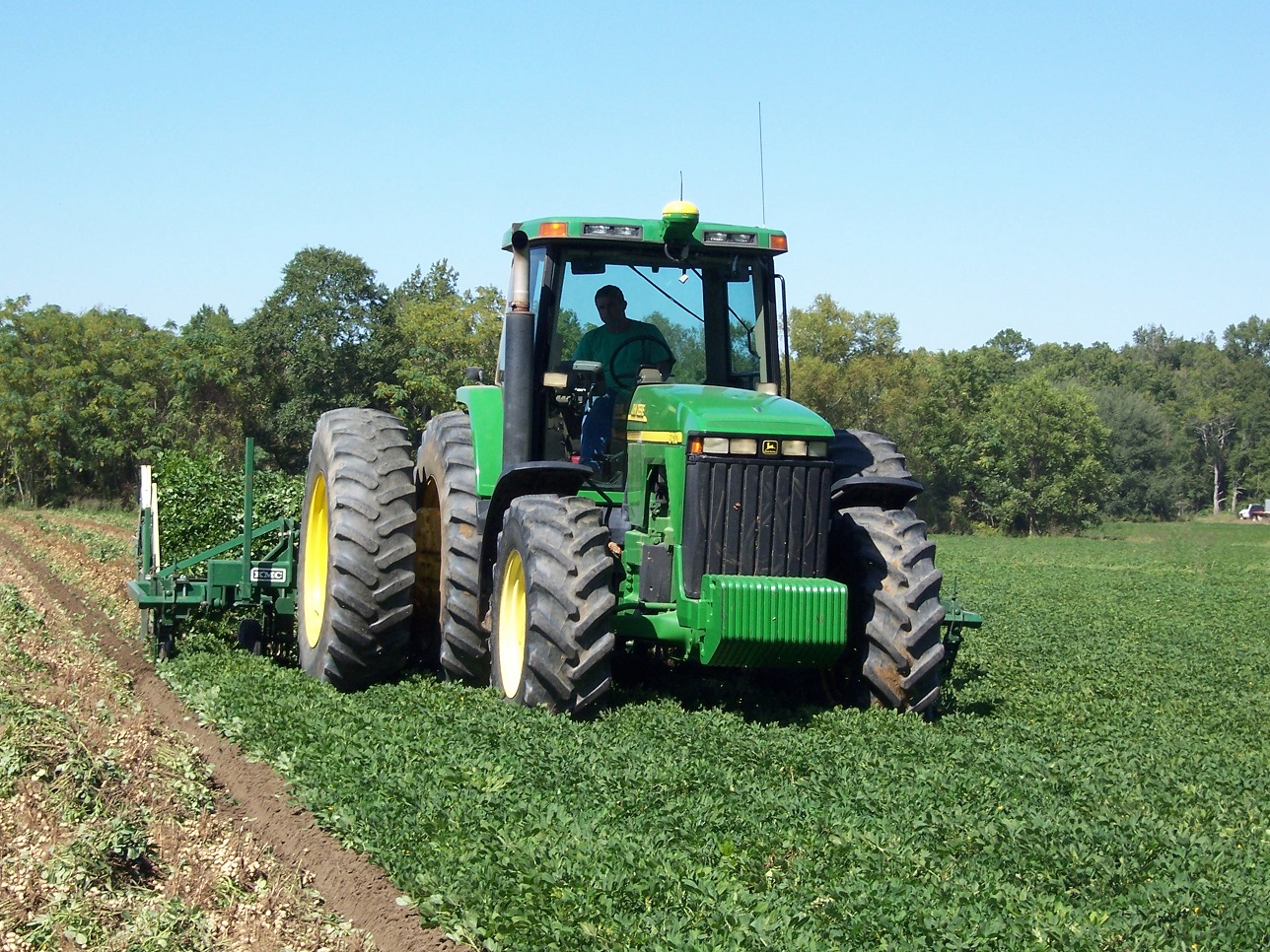 The National Peanut Board and the Culinary Institute of America (CIA) welcomed over 12 distinguished professional chefs to St. Helena, Calif. for NPB’s first-ever Millennial Dining Summit. Held over the course of two days, the summit helped chefs discover the many new food and flavor concepts that millennials are gravitating towards in the food service industry – which of course included flavor pairings with peanuts!
The National Peanut Board and the Culinary Institute of America (CIA) welcomed over 12 distinguished professional chefs to St. Helena, Calif. for NPB’s first-ever Millennial Dining Summit. Held over the course of two days, the summit helped chefs discover the many new food and flavor concepts that millennials are gravitating towards in the food service industry – which of course included flavor pairings with peanuts!
According to MMGY Global, 60 percent of millennials would rather spend their money on experiences than material things. This includes treating themselves to occasional dinners, vacations, and dining experiences outside of the traditional chain restaurant environment. As a result, millennial diners are gravitating and seeking flavors that give them a simultaneous and multi-layered taste experience, thus creating a demand within restaurants to expand flavor profiles within their dishes. International flavor pairings are part of that movement and were a highlighted concept that was integrated into the events at the Millennial Dining Summit.
The summit launched with NPB’s Peanut Recipe Innovation Challenge. NPB challenged three student chefs teams from the CIA to create a peanut recipe that also matched the trends data that NPB saw for millennial dining concepts. Each team had to present a uniquely-created dish with an explanation of why their dish is ideal for the millennial dining market. Teams were awarded scholarships in the amounts of $6,000, $3,000 and $1,500. Results were as follows:
- First Place: Jacquelyn Clark and Kimberly Camara with a Roasted Peanut Falafel Salad
- Second Place: Matthew Francis and Christopher Joseph with Grilled Lamb Kebabs with Peanut Six Ways
- Third Place: Steven Lyons and Joseph Deleon Geurrero with Braised Short-Rib Tempura
The second day of the Summit was dedicated to educating professional chefs about the latest millennial dining trends, food concepts and how those trends can be incorporated into today’s dining menus. Highlighted speakers included Maeve Webster, president of Menu Matters; Chef Alex Ong, Asian cuisine expert; Katie Ayoub, managing editor of Flavor & the Menu; Tara Fitzpatrick, senior editor of Food Management, and Casey Cox, seventh-generation peanut farmer and executive director of the Flint River Soil and Water Conservation District in Georgia.
The event concluded with a hands-on kitchen experience where chef attendees were paired with a student chef finalist to create their own peanut dishes that matched or were influenced by the millennial trends presentations from that morning.
“Overall, the first-ever Millennial Dining Summit was an overwhelming success,” said Lauren Highfill Williams, NPB’s marketing and communications manager. “Each chef walked away with new insights into the millennial mindset and how peanuts can be a smart ingredient choice for any menu lineup or an integral part of any culinary discussion.”


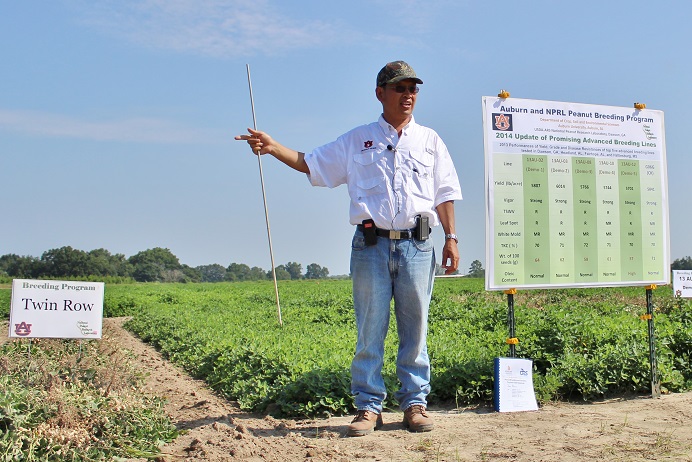
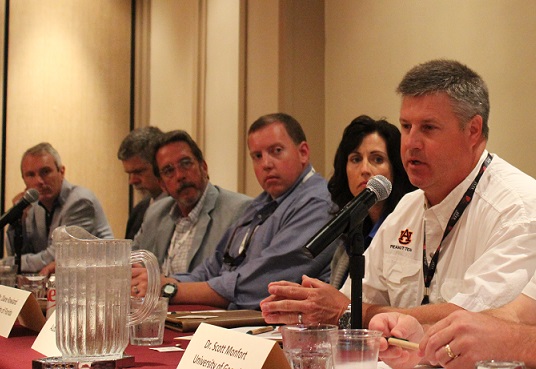

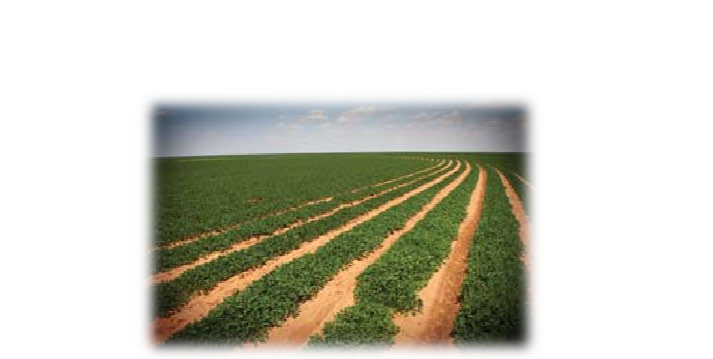

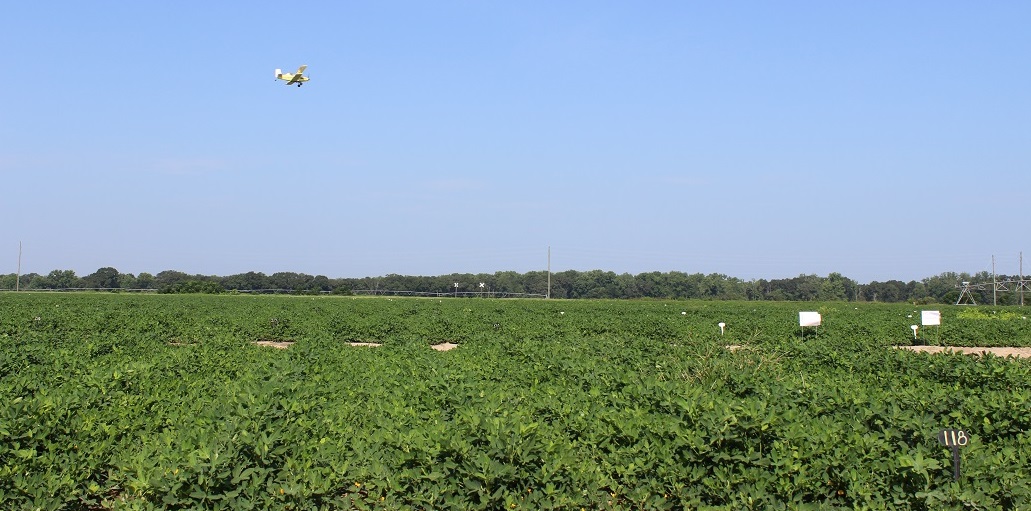


 The National Peanut Board and the Culinary Institute of America (CIA) welcomed over 12 distinguished professional chefs to St. Helena, Calif. for NPB’s first-ever Millennial Dining Summit. Held over the course of two days, the summit helped chefs discover the many new food and flavor concepts that millennials are gravitating towards in the food service industry – which of course included flavor pairings with peanuts!
The National Peanut Board and the Culinary Institute of America (CIA) welcomed over 12 distinguished professional chefs to St. Helena, Calif. for NPB’s first-ever Millennial Dining Summit. Held over the course of two days, the summit helped chefs discover the many new food and flavor concepts that millennials are gravitating towards in the food service industry – which of course included flavor pairings with peanuts!